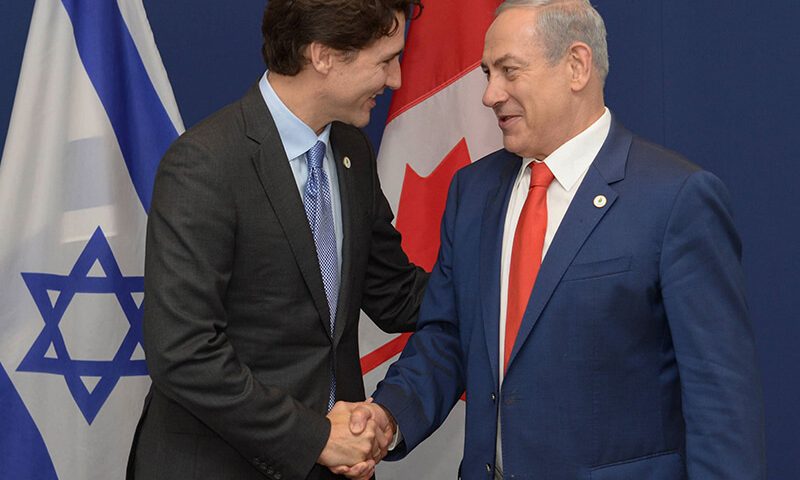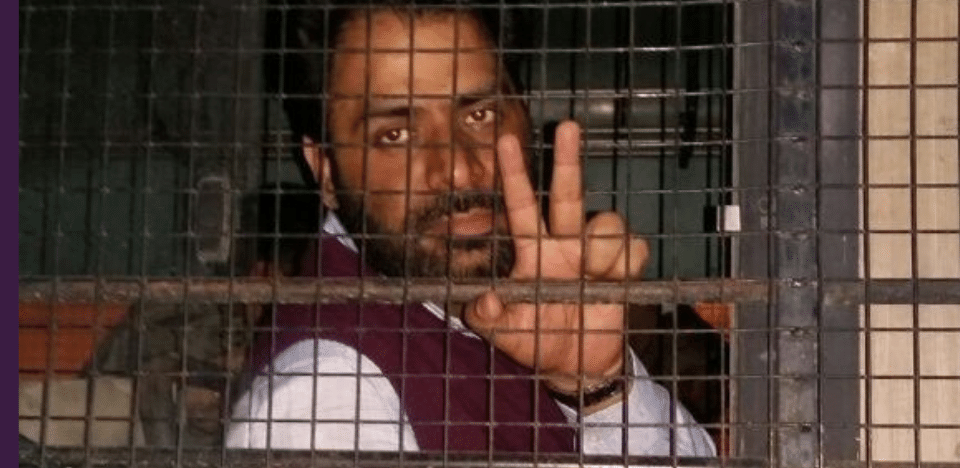
In 2 Minutes: Contradictions in Israel’s Coronavirus Policies
March 5, 2021
Jonathan’s no-brainers & beyond the two-state solution
March 5, 2021Suggestions on how Canadian government officials or Parliamentarians can advance justice and peace in Israel/Palestine
For Canada to promote peace in Israel/Palestine, it needs to break out of the conventional paradigm of previous administrations and seek out a policy that is based on its own principles and ethics, and must not be slavishly following the US line, which has proven incapable of promoting peace. The areas of activity to consider would be as follows:
- Broad Political Approach: This approach must insist on respect for international law and agreements, must continue to oppose building and expansion of settlements, but must add a substantive element of forcing Israel to pay a price for blatant violations of international law. Merely denouncing settlements without effective action has proven meaningless, and in fact emboldens Israel to continue violating law as there are no consequences for this.
- Political Process: While peace can only be negotiated between the parties themselves, Canada and other interested outside countries can assist the process by urging negotiations with all parties including Hamas. In the past, Canada began talking with the PLO and helped bring it into the peace process at a time when Israel and the United States were refusing to have any contact with the PLO. Canada can initiate talks with Hamas and indicate to it what it needs to do to arrive at meaningful negotiations. In this way, Canada can make an actual contribution to the peace process.
- Calling for Ending the Siege of Gaza: and allowing freedom of people and goods into and out of the Strip. The siege, initially undertaken as a political move to punish Gazans for their support of Hamas, and to prevent continuity between the West Bank and Gaza as a measure to fragment Palestinians and to prevent Palestinian statehood, cannot be a permanent feature of life. With due consideration for the desire to prevent weapons from entering Gaza (a failed exercise in all cases) draconian controls over the civilian life and economy of two million souls in the Gaza strip cannot be a permanent state of affairs. It must end.
- Lifting restrictions on BDS Movement: As Canada urges Palestinians to use nonviolent methods to struggle for their rights, it needs to encourage, not discourage their reliance on BDS as a form of activism that is nonviolent in nature. Attempts by Israel and its supporters to combat BDS only encourages those who wish to resort to armed struggle.
- Human Rights Advocacy: Canada can advocate for specific actions to improve the human rights situation by demanding the following practices:
- Ending the policy of House demolitions and other forms of collective punishments
- Ending Military trials, especially against children, as well as the traumatizing practice of midnight arrests.
- Ending Administrative detention, which is holding individuals in jail indefinitely without charges or trial, and release of all administrative detainees.
- Calling for Removal of all barriers, checkpoints and obstructions within the West Bank allowing freedom of movement for goods and persons. These restrictions currently hamper economic development, create daily humiliations, and bedevilment, and their contribution to Israel’s security is negligible, while their impact on the lives of Palestinians and their contribution to increasing hatred and enmity is enormous.
- Demanding that the same laws and procedures apply to Jews and non-Jews in the occupied territories as well as in Israel. Canada opposes apartheid and discrimination on principle, and it must make that position clear to Israel.
All of the above actions can be undertaken by Canada as a friend of Israel, fully cognizant and sympathetic to its security needs, but requiring the amelioration of the harshness of the occupation upon Palestinians. Whatever justification was given in the past for these actions, after half a century of occupation, there is no justification for their continuation.
All of these measures can be championed by Canada without prejudicing the eventual outcome of peace between Israel and Palestine, and without endangering Israeli security. Canada can make its position known to Israel on each of these issues, and can utilize diplomatic methods to push for them without endangering its good relations with them.
Jonathan Kuttab
February 2021
Canada’s Shameful Stance in regard to the International Criminal Court
Following the recent International Criminal Court (ICC) decision supporting its territorial jurisdiction over Palestine, we noticed you indicated that Canada is firmly committed to a two state solution in regard to Israel and Palestine, and that
“Until such negotiations succeed, Canada’s longstanding position remains that it does not recognize a Palestinian state and therefore does not recognize its accession to international treaties, including the Rome Statute of the International Criminal Court. Canada has communicated this position to the Court on various occasions.”
Given the over a half-century of settler-colonization and military occupation, the option for a two-state solution seems very unlikely. The stance that Canada does not support the ICC investigation is most concerning. Earlier this year, 50 civil society organizations joined with Amnesty International Canada to ask that the Canadian government not take any action in regard to the ICC or any other international forum that would oppose the work of the Prosecutor. Today, the ICC Prosecutor has made a statement respecting an investigation of the Situation in Palestine. It is concerning Canada is out of step with the international community and Canadian civil society in this regard.
Read full letter sent to Canadian government
Photo credit: Prime Minister Justin Trudeau, left, with Israeli Prime Minister Benjamin Netanyahu in Paris AMOS BEN GERSHOM/GPO PHOTO






